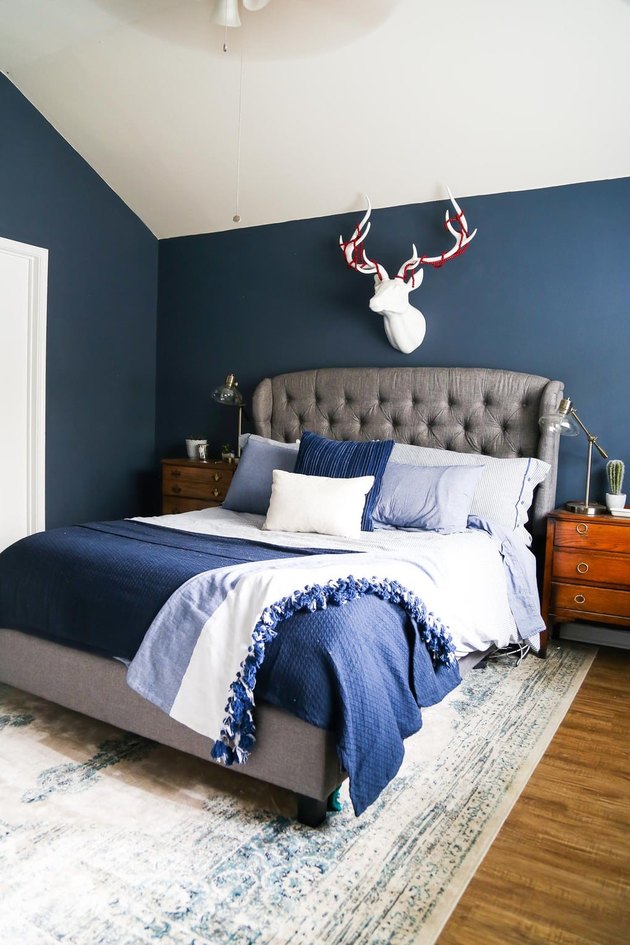

Avoid stressful, stimulating activities-doing work, discussing emotional issues. Take a bath (the rise, then fall in body temperature promotes drowsiness), read a book, watch television, or practice relaxation exercises. Light reading before bed is a good way to prepare yourself for sleep.Įase the transition from wake time to sleep time with a period of relaxing activities an hour or so before bed. #3 Establish a Soothing Pre-Sleep Routine

Keeping computers, TVs, and work materials out of the room will strengthen the mental association between your bedroom and sleep. It may help to limit your bedroom activities to sleep and sex only. (Remember that most mattresses wear out after ten years.)Īlso, if a pet regularly wakes you during the night, you may want to consider keeping it out of your bedroom. And make sure your bedroom is equipped with a comfortable mattress and pillows.

Keep the temperature comfortably cool-between 60 and 75☏-and the room well ventilated. Use heavy curtains, blackout shades, or an eye mask to block light, a powerful cue that tells the brain that it's time to wake up. Why do you think bats congregate in caves for their daytime sleep? To achieve such an environment, lower the volume of outside noise with earplugs or a "white noise" appliance. #2 Turn Your Bedroom into a Sleep-Inducing EnvironmentĪ quiet, dark, and cool environment can help promote sound slumber. It is therefore best to limit alcohol consumption to one to two drinks per day, or less, and to avoid drinking within three hours of bedtime. Lawrence Epstein describes how caffeine works to promote alertness, but can also inhibit restful sleep.Īlthough alcohol may help bring on sleep, after a few hours it acts as a stimulant, increasing the number of awakenings and generally decreasing the quality of sleep later in the night.


 0 kommentar(er)
0 kommentar(er)
